Exploring The Heart of the Tree: Embodiment in Nature for Healing and Social Change
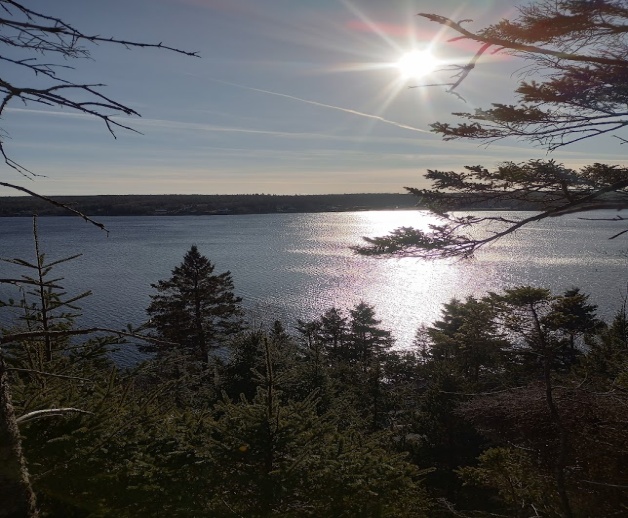
August 7-11, 2024 at Heart of the Tree Healing Centre, in Ship Harbour, Nova Scotia, Canada.
Cost: $800 with scholarships available. Maximum 8 students.
How do we live in an animate world? What do we gain from the idea that we are in constant relationship, not just with other people but with plants, animals, and nature itself? How does living this way heal and change us and change what is possible for us?
Come Find Out!
For more information you can contact Susan at 902 225 0036 or Lorna at
Introduction:
What is the opposite of a retreat? Perhaps it is an approach, a bringing to light, a drawing near for the telling of stories. Maybe it is going out into the world with joy and delight or maybe it is simply a form of coming home. Join us at the Heart of The Tree Healing Centre in Ship Harbour, Nova Scotia for our inaugural gathering, Exploring the Heart of the Tree: Embodiment in Nature for Healing and Social Change We focus our discussions around two pioneering works: Robin Wall Kimmerer’s Braiding Sweetgrass and David Abram’s The Spell of the Sensuous. Both of these books address what gets lost if we are culturally disconnected from natural and indigenous ways and how those perspectives affect what we can perceive, think, and even imagine. They open up a world of potential avenues for action for improving how we treat each other and our planet and for addressing some of the deepest challenges we face. Then we take it further with a series of experiential sessions designed to find our body’s deep understanding of these teachings. Activities such as dance, reiki, sea kayaking, animal tracking and herbology reflect our inner tree of life, the very essence of embodiment in nature. Like the tree we are both grounded in the earth and striving upwards, collecting the nourishment that stems from just being truly a part of this amazing planet.
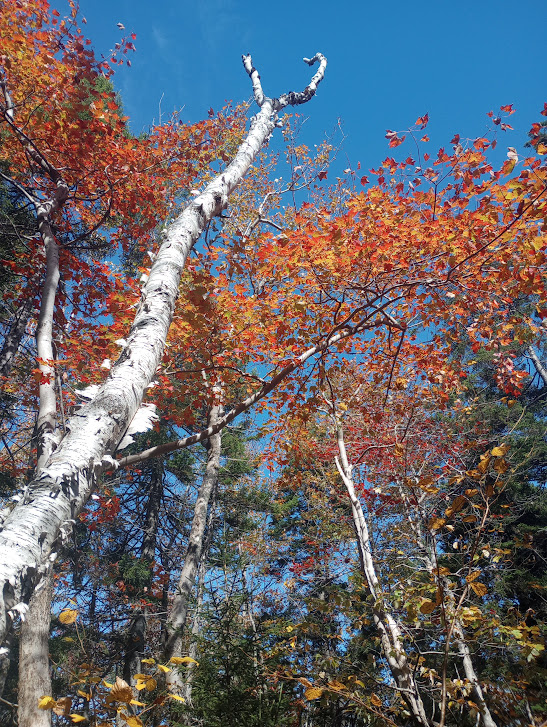
Is the natural world made up of mere resources or does it have spirit? What are the consequences of viewing and interacting with nature as object or as subject? Through a series of discussions and exercises, we will examine different theories about engaging with nature, exploring their historic and cultural context as well as societal ramifications. We will focus on animism, tracing its histories and imagining future possibilities for incorporating animism into our own individual lives, communities, and societies. We will pay special attention to the subjecthood of plants. Do plants have spirit or personhood? Does believing that a tree has a spirit matter? Why? Participants will be encouraged to explore their own personal beliefs and think about how they might incorporate animism into their lives. How does one learn animism or learn to live in an animate world? In thinking through practices of animism, we will discuss communication with non-human others, cultivating reciprocal relationships, how encounters with non-human others are tied to human healing, and the relationship between indigenous and scientific knowledge.
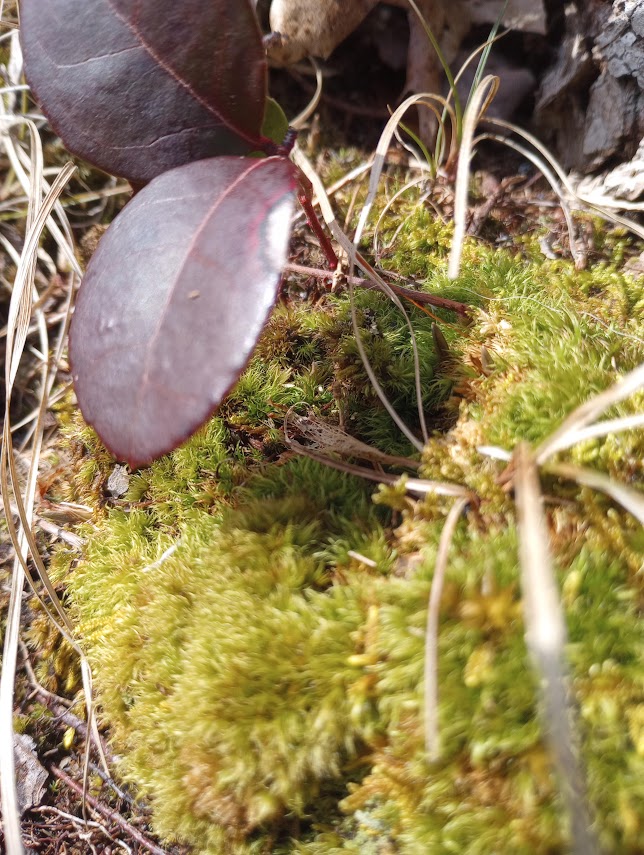
- Presentations on histories of animism and its alternatives as well as ethnographic material
- Guided discussions incorporating excerpts from Wall Kimmerer’s (2015) Braiding Sweetgrass: Indigenous Wisdom, Scientific Knowledge and the Teaching of Plants and Abram’s (1996) The Spell of the Sensuous: Perception and Language in a More-than-human World.
- Exercises focusing on attunement, communication with non-human others, discernment, and the role of senses, emotions, and bodily experience in understanding ourselves and others
- Guided individual or collaborative projects in which participants explore an aspect or practice of animism according to their background and goals and reflect on the project (for instance someone might work on an art project another might practice scientific observations of nature)
- Exploration of community building through shared food preparation, found art, and socially cooperative projects
- Envisioning the future by relating the embodied, animate world to questions such as climate change and sustainability and developing strategies to meet future global challenges
- Exposure to Mi’kmaq perspectives either through trip to a Mi’kmaq educational facility or through the direct meeting with elders
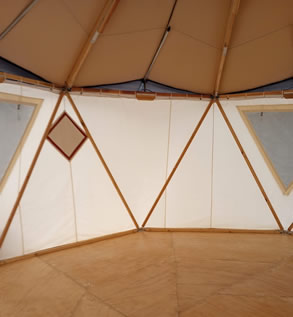
Heart of the Tree Healing Center is on 33 acres on Nova Scotia’s Eastern Shore. Surrounded on three sides by the Tangier Grand Wilderness area and on the fourth by the Atlantic Ocean, the site offers several kilometers of woodland trails, a pristine tidal wetland, a small swimming beach and stunning sunset views. There is also excellent access to the freshwater lakes and glacially carved uplands of the wilderness area as well as several other hikes, beaches, and sea kayaking opportunities in the area. While definitely a rural location in a sparsely populated region, Heart of the Tree is within an hour’s drive from both Halifax Metro and Stanfield International Airport. On site features include both tent based and fully enclosed sleeping areas, kitchen and bathing facilities, and a beautiful campfire site which overlooks the ocean. Our program area consists of two “yomes”: fully weatherproof octagonal pavilions with, hand crafted wood floors, high ceilings and openable windows facing the surrounding forest, each about 19 feet across. The yomes are great for a whole variety of activities including movement, theatre, meditation, yoga, bodywork, discussions, and presentations.
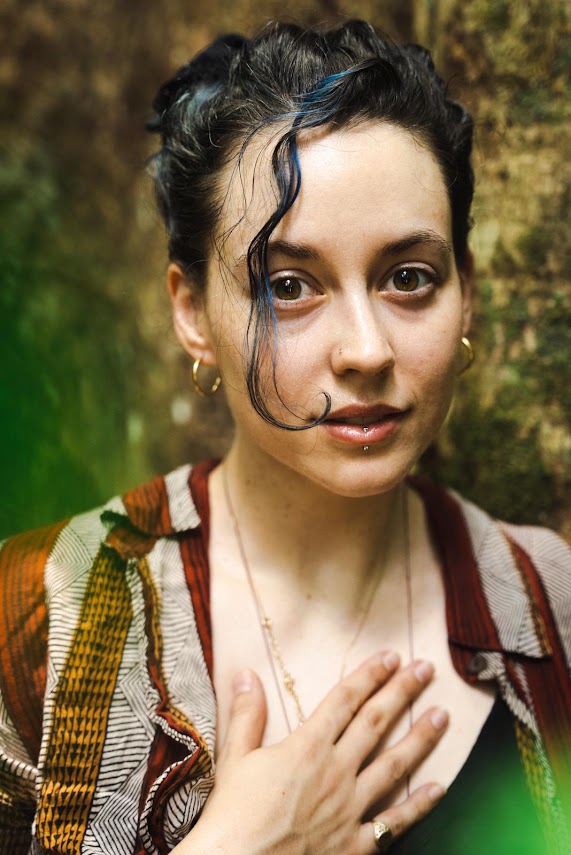
Lorna is a New College alum and anthropologist. She is currently finishing her PhD in Comparative Human Development at the University of Chicago. Starting in Fall 2024, she will be a Postdoctoral Teaching Fellow at the University of Chicago, teaching courses on the anthropology of embodiment, cross-cultural and cross-species encounters in Amazonia, psychedelic healing and spirituality, and interdisciplinary perspectives on cognition.
In her academic research, based on ethnographic fieldwork in the Peruvian Amazon and Andes, she examines cross-cultural encounters, especially between indigenous people and non-indigenous people, as well as encounters between humans and non-humans, such as spirits and plants. She is interested in how those encounters can be transformative, paying particular attention to inner experience – thought, bodily experiences, imagination, emotion, conceptions of the self, and experiences of healing and spirituality including altered states of consciousness. For example, for her thesis at New College, she researched how encounters with outsiders shaped changing conceptions of morality in indigenous Matsés communities in Peru. For her master’s paper, she compared how Americans with differing levels of exposure to Peruvian cultures and indigenous healers conceptualized and experienced ayahuasca, a hallucinogenic brew used in Amazonian spiritual healing practices. Her dissertation builds on that research. Focusing on an ayahuasca training course run by an indigenous Shipibo healer, she analyses how Shipibo concepts of healing and spirituality are taught and translated to foreign students and how they understand and experience the bodily practices on the course and interactions with Amazonian teacher plant spirits.
In addition to her academic interests, Lorna also teaches pole dance and sailing. In those activities as well, she has pursued her interest in understanding (and guiding) transformative experiences. She aims to guide her students to greater awareness of their bodies and their environment, their selves and others, focusing on how dance and sailing can be avenues for deepening and expanding students’ sense of community, connection, and healing. Overall, as a teacher, her goal is to encourage her students to see things from a different perspective and help them gain skills (critical thinking in the classroom, problem-solving on the water, creativity in the air, etc.) while also growing emotionally.
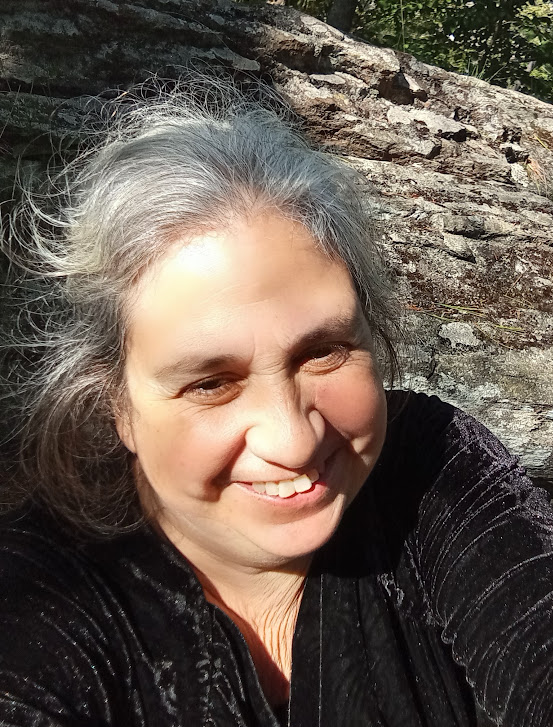
Susan is also a New College alum. She is the only practitioner in Eastern Canada who is both a Certified CranioSacral Therapist and a Reiki Master Teacher. She also has a Masters of Science in Psychology/Animal Behaviour. She spent over a decade in the nonprofit world doing research and education on a series of public interest projects before retraining to become an alternative health practitioner. Susan is also keenly interested in community empowerment, permaculture and climate change. She is the founder of Heart of the Tree Healing Centre, located in Ship Harbour, Nova Scotia. This new nature-based facility is dedicated to fostering healing not only for individuals but also for communities and the planet as well.
In her own practice, Susan focuses on CranioSacral Therapy and Reiki. These gentle, effective treatments work with the body’s own innate internal healing capacities to ease a wide variety of issues including; pain, chronic illness, trauma, depression, insomnia, headaches, TMJ, learning disabilities, and generalized discomfort.
Susan is warm, accepting and down-to-earth. She takes the time to carefully listen to each client to find those things that are most important to them and to understand what changes would make the greatest difference in their lives. She welcomes clients of all backgrounds, belief systems, and orientations and is happy to tailor treatments for other individual needs such as those required for children, disabled and the elderly.